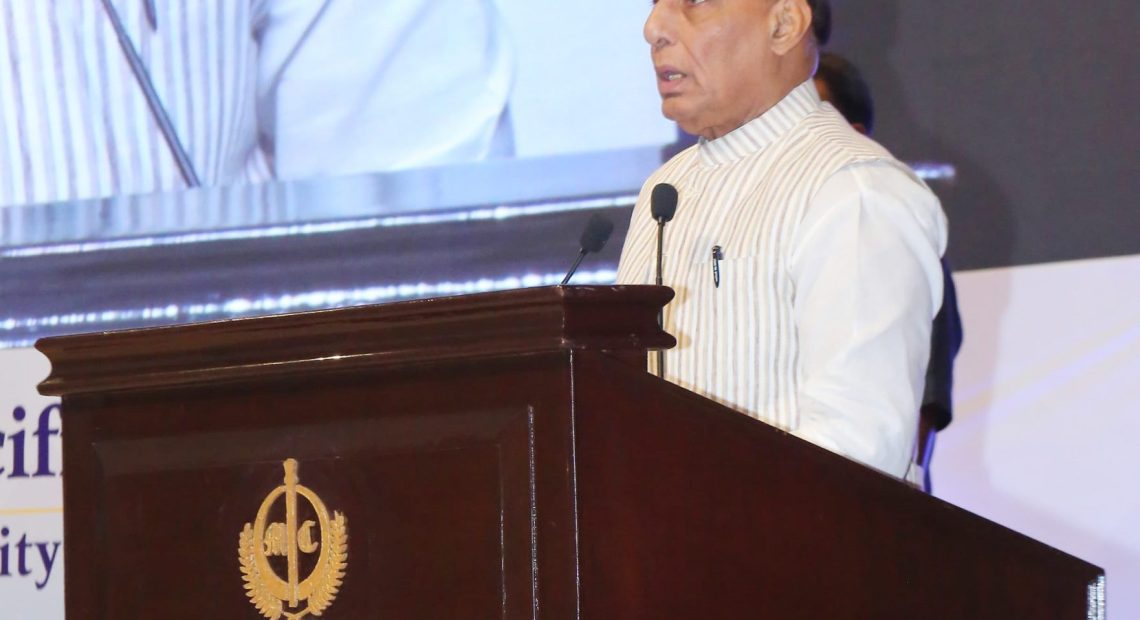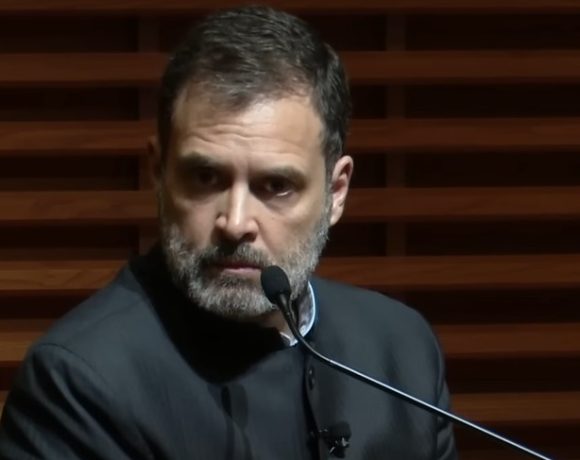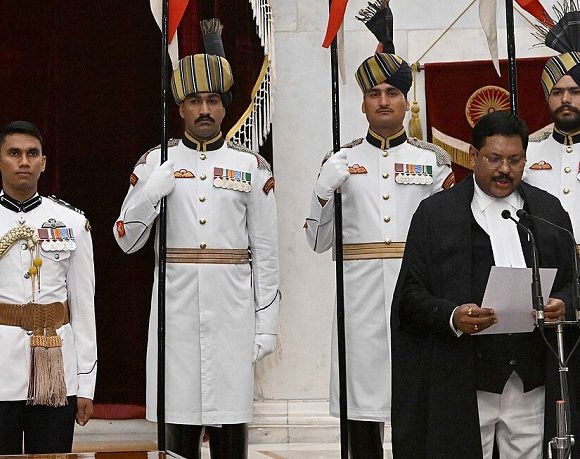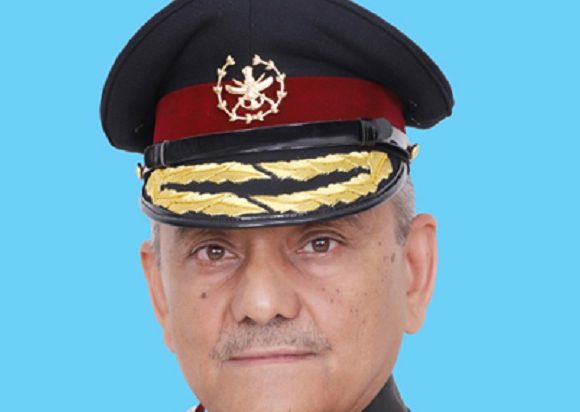
After PM Narendra Modi, Rajnath Singh Likely to Skip Russia Victory Day Parade
India’s Defence Minister Rajnath Singh is now unlikely to attend Russia’s Victory Day Parade on May 9 in Moscow, a decision that follows the earlier confirmation that Prime Minister Narendra Modi would also not be present at the event. Instead, Minister of State for Defence Sanjay Seth is expected to represent India at the annual parade commemorating the Soviet Union’s victory in World War II.
This development reflects a strategic recalibration in India’s diplomatic engagement, especially at a time when national security concerns have intensified. The recent terrorist attack in Jammu and Kashmir’s Pahalgam region, which claimed 26 lives, has reportedly led Indian leadership to prioritise domestic readiness. In such a backdrop, top-level ministers are believed to be staying back to oversee national security coordination.
India-Russia defence diplomacy
Despite the scaled-down representation, India’s participation—albeit at a junior ministerial level—signals its ongoing commitment to diplomatic ties with Russia. The Victory Day Parade holds symbolic value in Russian political and military culture, often attended by key allies and global partners.
An official statement noted, “Minister of State for Defence Sanjay Seth is expected to represent India at the Victory Day Parade.” The move allows India to acknowledge the historical ties and defence cooperation with Moscow without compromising internal exigencies.
India and Russia continue to maintain robust defence relations, with annual summits and ongoing arms agreements underscoring the strategic depth of their bilateral engagement. President Vladimir Putin is scheduled to visit India later this year for the customary annual summit, and the groundwork for that meeting is likely to continue through diplomatic channels despite the absence of senior Indian ministers at this parade.
Regional priorities take centre stage
India’s decision must also be seen in the broader regional context. With rising instability in Jammu and Kashmir and the upcoming political calendar, ensuring the presence of key ministers within the country has taken precedence. The leadership vacuum at home during such periods is viewed as an unnecessary risk, even for major international events.
In essence, while the optics of not sending a senior minister may suggest a lower profile at this year’s Moscow event, it is a calculated move balancing external commitments with urgent internal responsibilities. The gesture to still participate—through Sanjay Seth—prevents any diplomatic vacuum and signals continuity in Indo-Russian relations.


















